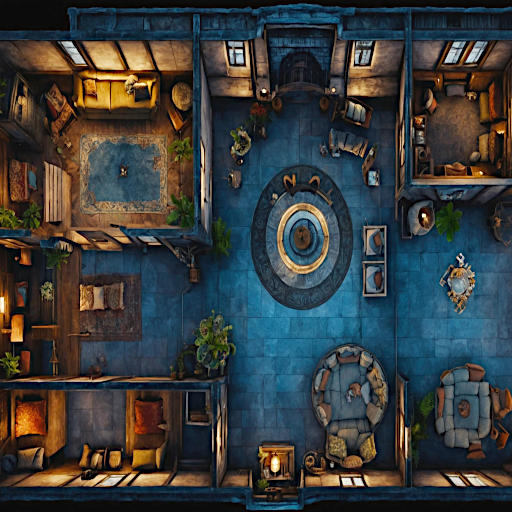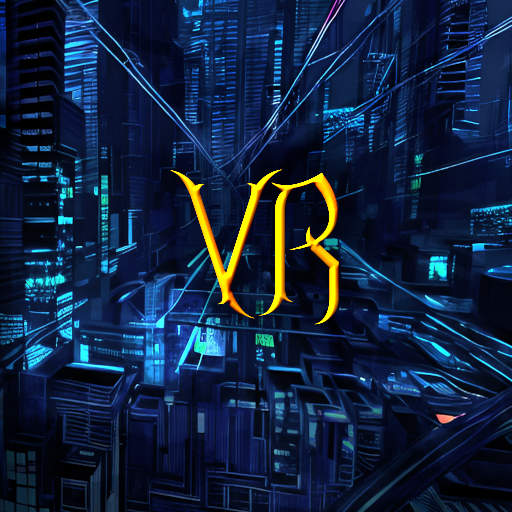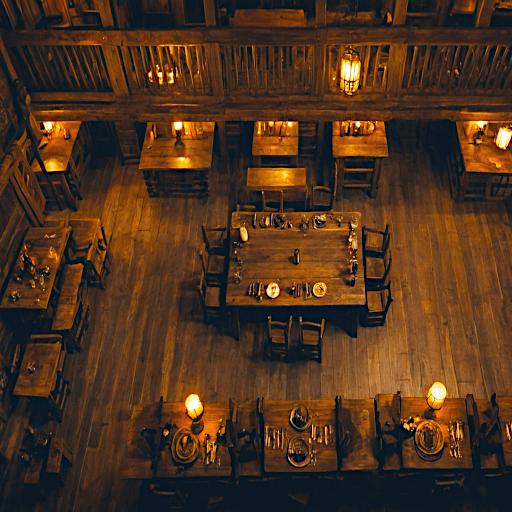Styles in Gaming
Roleplaying seems to be a simple concept, and yet the more people you ask, the more definitions you are likely to get. Different game masters are likely to emphasize different aspects and run their games very differently.
One of the most common attitudes is that you should remember it's just a game. The focus is on having fun and nobody should take anything too seriously.
Difficulties, if configurable, are set to be challenging but doable (the magic 65%), creatures are placed according to the story to be challenging to the character's level, and adventures are full of monsters that live in elaborate mazes. Characters tend to be "born heros", with above average stats and capabilities. It's all engineered for good times, and nobody likes to die.
You'll find these systems seem simple on the surface, but can involve quite a bit of niche rules when something unexpected comes up. This means that player creativity is sometimes frowned upon and "nerfed", intentionally or not. Some people believe that any use of player skill to be an unfair advantage and antithetical to a fun game.
This style frequently has lot of "social contracts" to discuss what you want the adventure to be, but the adventure itself is often "railroaded", with a limited and usually pre-generated set of encounters along a linear path. The social contract states you will follow the cues given.
The problem is that it all feels engineered. You are living a lie, a fairy tale, and after awhile, you realize that things like "plot armor" are ruining the experience.
You may also have heard of "narrative" or "story first" systems which claim, rightly so, that the narrative is more important than the mechanics. However, these systems make the players into directors, offering control of the narrative. These systems can be fun, often focusing on collaborative world building. But, your character didn't build the world!
Virtually Real still tries to offer fun, but we take the training wheels off. First, we give complete agency to the player. The character can go where they want and are not obligated to follow a particular hook. There is less likely to be a social contract to follow the GM's lead because this would affect player agency. Instead, the GM has to make the story personally relevant to the character.
Challenges don't care about your character level. What you find in the world is based on what would logically be there. In this type of game, there is no plot armor. Your character is expected to face the same dangers as a real person in that world would face.
The open environment of this style of play encourages and rewards player creativity. This means that the GM has to be able to come up with rulings that fit the narrative, are realistic, and balanced, and sometimes have to do so on a moment's notice. This is often made much worse by the level of detail expected from the system.
While the first style offers balance and structure for new players and GMs, it doesn't offer much in depth and the rules get in the way.
The second, narrative style, still doesn't address realism, but offers mechanics that don't impede the narrative.
The third and final form is what Virtually Real is trying to be. The mechanics don't impede the narrative, but rather match and support the narrative.
Why? Who wants to live out the horrible life of some medieval serf farming for barley and rye? Well, thats where the GM comes in and adds some conflict. When building a story of ordinary people that are struggling to survive and learn, and grow, then Virtually Real is what you want. It is literally a system built upon character progression and advancement! You are always growing and learning.
What style do you prefer?









